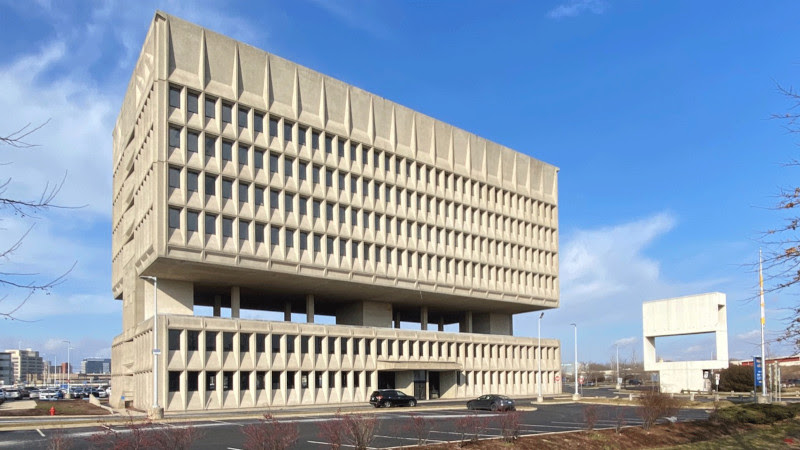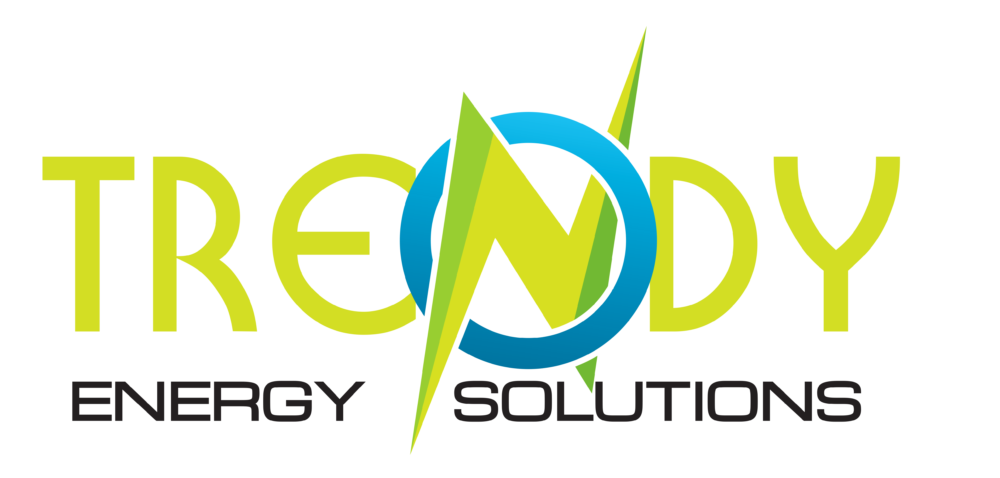
Among the real estate sector, the hospitality industry has lagged in enacting energy-efficient measures, especially hotels. The industry in fact has missed opportunities to take advantage of energy-saving methods and in turn, failed to save on building operating costs in numerous cases. It does not come as incognizance or disregard for energy efficiency but, lack of knowledge in the subject as well as diagnostics that have made the implementation of energy efficiency in the industry difficult.
On the flip-side however, developers, architects, etc. of hotel properties are shifting their efforts to significantly reduce energy costs and carbon footprints. The industry is coincidentally well-positioned to gain from the benefits of energy sustainability. This stems from investors’ insight into environmentally and socially friendly practices.
Effects of COVID-19
As with the majority of industries, the Hotel Industry has taken a hit from the pandemic with little to no travel for months. Unlike retail which was on the decline prior to the pandemic, hotels were relatively stable which gives lenders confidence to fund the recovery and to be paid back as a result. While investment is hesitant in several sectors, hospitality presents an opportunity for long-term emergency loans to garner high return rates in a post-pandemic future where the general public will be free to travel and lodge.
Distressed Hotels and Assets
There has been an added pressure on the industry as distressed property owners are selling off their properties and lenders sell off their notes creating an unknown potential market left in the wake of COVID-19. Hoteliers are attempting various methods from discount purchases, repositioning, and selling of hotel assets. Near term outlook is still hopeful for the industry as investors are gearing capital interest into the distressed assets with intentions of waiting out a hotel value reset in hopes a recovery is on the horizon. Given the uncertainty and bleak outlook the pandemic left on many industries, there appears an aura of confidence within the hotel sector still.
Hotel Marcel Project
At the outset of the pandemic, comes the Hotel Marcel project coming from Connecticut architect and developer Bruce Becker of Becker + Becker based in Westport, Connecticut. The unique project not only comes at an investment of $50 Million but, a current pandemic project that is also aiming to be the most energy-efficient hotel in the country. The hotel which is overtaking space that used to be the headquarters of Armstrong Rubber and later an IKEA outlet is a compact building ideal for a natural energy-efficient envelope. The goal of the project according to Baker is to meet net-zero energy standards which entails a building generating as much energy as it uses. This case if successful presents current and future developers’ consideration to effectively commission hotel operations with sustainability programs encouraging investors and customers alike.
EPAct 179D for New Construction & Energy Efficiency Retrofits
The often-overlooked EPAct 179D benefit allows a tax deduction of up to $1.80/sq.ft. for any building that was newly constructed or has completed interior lighting, HVAC or building envelope projects. With this retroactive extension, any building that completed construction or retrofit from January 1, 2006 through December 31, 2020, can now take advantage of the benefit on their current tax returns. This means that there is a 15-year window of past energy efficiency projects, including LED upgrades, HVAC upgrades, and roof/window replacements, that a company can currently advantage of.
Hotels are a favored building category for the EPAct 179D tax incentive. If a hotel or apartment building installs a central HVAC system or efficient lighting, it has a high chance of qualifying for the full $1.80/sq.ft. tax benefit. Many companies completed eligible projects from 2006-2020 and are unaware of this lucrative tax incentive. Acting now, companies can still take advantage and receive a further tax benefit for their energy-efficient design and investments, potentially freeing up capital for further energy investments.
Hotel and Resort Energy Benefits
Although energy-efficient opportunities are underutilized currently in the industry according to the New York Times, there are cases where hotel and resort companies are committing to significant reduction in carbon footprints. One such case is Host Hotels and Resorts who pledged an impactful reduction by 2025. In contrast to the New York Times’ sentiments towards underutilized energy sustainability, we have processed numerous hotel companies’ tax benefits such as EPAct 179D, including geothermal heating and cooling. These hotel properties include:
- Marriott
- Fairfield Inn
- Hyatt
- La Quinta
- Hilton
- Hampton Inn
- Holiday Inn
Conclusion
Hotel owners and designers have tremendous opportunity to benefit from energy tax savings. Whether it is a solar PV installation, geothermal heating and cooling, LED upgrades, building envelopes and more, there is a range of benefits to adopt.
